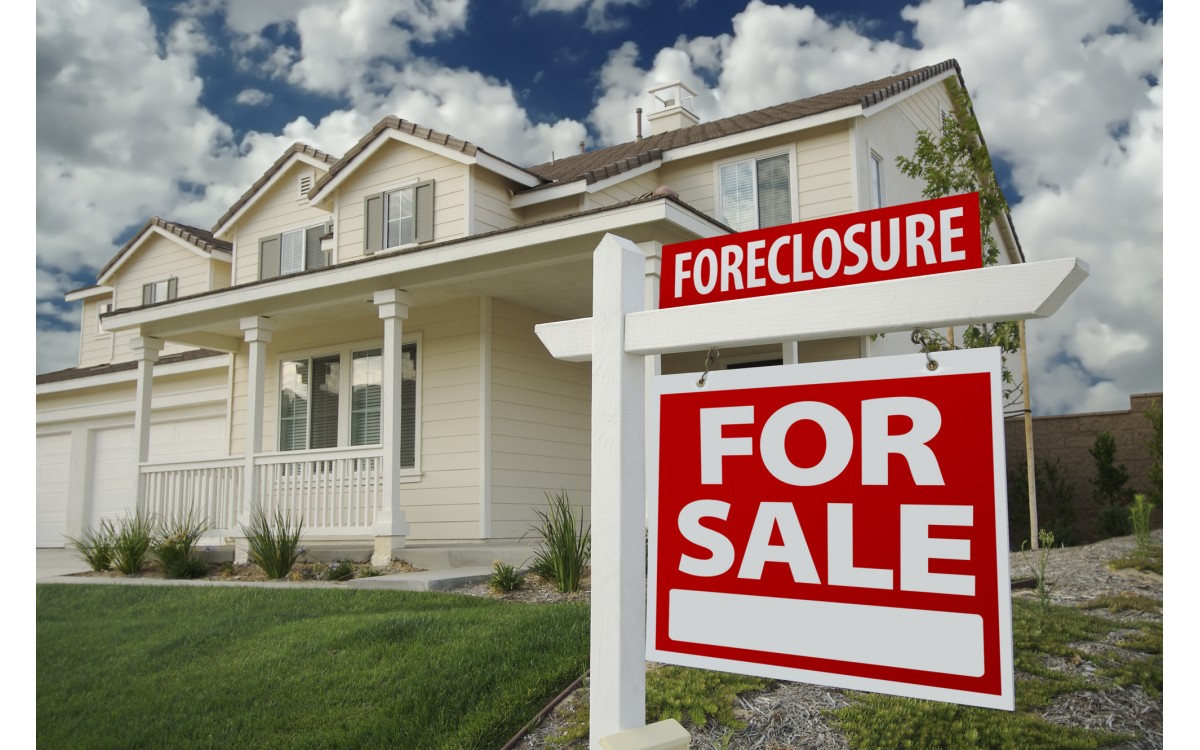Do You Lose Everything in a Foreclosure? Your Foreclosure Rights
When the housing bubble popped in 2008 and the market crashed, the word foreclosure became familiar to a great deal of unlucky Americans. Facing foreclosure can be a terrible, terrible event for many homeowners.
It's a tight financial situation to be in and for many, there seems to be no way out of the predicament. Some may even want to give up. However, there are still things worth fighting for once foreclosure is underway.
If you're in this situation yourself, you might be wondering: do you lose everything in a foreclosure? Not necessarily. There are still actions one can take to battle and protect their credit and overall financial stability. You just need to know what to do.
Read on and we'll walk you through what you should know about your foreclosure rights.
Understanding Foreclosure
Let's start with the basics: how do we define foreclosure in the modern era?
A foreclosure occurs when a mortgage lender makes the decision to repossess a home or piece of property. This occurs, generally, because of a failure to make payments on the homeowner's part.
Once a mortgage lender, often a bank, repossesses a home, they can sell it. This allows them to make back the money that they lent the homeowner to purchase the home.
When can a lender decide to start the foreclosure process? It depends on a variety of factors and it won't be the same for every home and homeowner. Generally speaking, the amount of time and money a homeowner is behind on their payments will play a big role in when and how the foreclosure process can begin.
Geography also has a role to play when it comes to how foreclosures proceed. Different states and even cities have regulations in place that determine how lenders can go about foreclosing on a property.
One of the first things you should do if the threat of foreclosure is looming is to look into the specific rules and regulations of the state in which they reside. There may be certain strategies that can be employed in that state but not in others.
Lender's Obligations During Foreclosure
There are certain legal steps the mortgage lenders need to take if they plan to foreclose on a house. These requirements could vary state by state, but likely will follow some general procedure.
As a homeowner, it's essential that you take the time to understand your rights. If a lender fails to respect your rights, you can take legal action.
All mortgage lenders must provide you with sufficient notice of their default. If payments haven't been made or you have defaulted on the mortgage, you must be notified properly before foreclosure can begin.
The lender also must provide some notice of your right to cure the default before foreclosure proceedings can be initiated.
Along with this notice, there needs to be some kind of proof of the money that you owe. Generally speaking, the amount owed includes principal, interest, and late charges. It might also include attorney fees and other charges the lender might argue they had to take on due to the lack of payment.
The exact charges that a mortgage lender is allowed to claim will depend on the state laws.
Servicemembers Civil Relief Act
Last but not least, the mortgage lender must also prove that you aren't a current member of the U.S. armed services. This is a loophole that some homeowners are able to use to avoid the foreclosure process.
The Servicemembers Civil Relief Act is in place to prevent active duty service members from losing their homes. If you are an active duty service member, you can hire an attorney and fight off the foreclosure actions that are being taken against you and your property.
Fighting Back Against Foreclosure
There are many steps you can take if foreclosure is barking at the door of your home. Some of these actions can help to stop the foreclosure process altogether, while others may simply mitigate some of the pain and loss endured by the homeowner.
The easiest way to stop a foreclosure from happening is to catch up on one's default. This may be easier said than done, of course. Many Americans are living paycheck to paycheck and don't have the money to catch up on what they owe their mortgage lenders.
However, you could also request a loan modification. Many lenders don't want to have to go through the foreclosure process and may be open to adjusting a loan so that a homeowner can more easily pay up.
If that isn't an option, you can also talk to a lender about performing a short sale. A short sale is the sale of the property by the homeowner to a third party for less than what is currently owed. In this situation, the difference might be forgiven by the lender as long as the majority of what is owed is paid back.
A short sale will negatively impact your credit score, but it won't have the degree of damage that a full-on foreclosure would.
As a last-ditch effort, you could also file for bankruptcy.
Do You Lose Everything in a Foreclosure?
Do you lose everything in a foreclosure? It's a question many worried homeowners face. You don't have to lose everything, however.
There are some steps that can be taken to mitigate the loss of foreclosure, or even to help stop it altogether.









